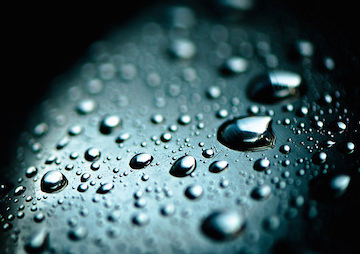NASA: The World’s Groundwater Is Quickly Running Out
Over a decade-long study of 37 major aquifers worldwide, 21 of them -- including the Indus Basin, which supplies much of India’s water -- showed a depletion of supply. Tim Geers / CC BY-SA 2.0
Tim Geers / CC BY-SA 2.0
Over a decade-long study of 37 major aquifers worldwide, 21 of them — including the Indus Basin, which supplies much of India’s water — showed a depletion of supply.
Quartz reports:
“The potential consequences are pretty scary,” NASA scientist Matthew Roddell, a lead author of the study, tells Quartz. “At some point those aquifers might run dry.” …
The researchers found that California’s Central Valley aquifer was the most depleted of all aquifers in the US, because Californians have relied more heavily on drawing groundwater as rain water has dissipated during California’s long drought.
While the study detected the change in groundwater levels, it could not quantify the amount of water remaining in the aquifers. Rodell said this would require drilling into the aquifers themselves, which he supports doing. “We should be monitoring and quantifying how much water is in these aquifers like we do with oil,” he says.
Preserving water in aquifers is especially problematic in agricultural areas like India, which relies heavily on water-intensive rice farming. According to Rodell, over 68% of our water supply is used for agriculture. But unlike, say, water used to cool a power plant, water used in agriculture is not recyclable, Rodell explains. “The people who are using the water don’t necessarily recognize that it will ever run out. It is used as a resource that will last forever,” Rodell says. If we continue with our current consumption practices, he says,”these people and those farmers that rely on that water won’t have it anymore.”
— Posted by Alexander Reed Kelly.
Your support matters…Independent journalism is under threat and overshadowed by heavily funded mainstream media.
You can help level the playing field. Become a member.
Your tax-deductible contribution keeps us digging beneath the headlines to give you thought-provoking, investigative reporting and analysis that unearths what's really happening- without compromise.
Give today to support our courageous, independent journalists.






You need to be a supporter to comment.
There are currently no responses to this article.
Be the first to respond.